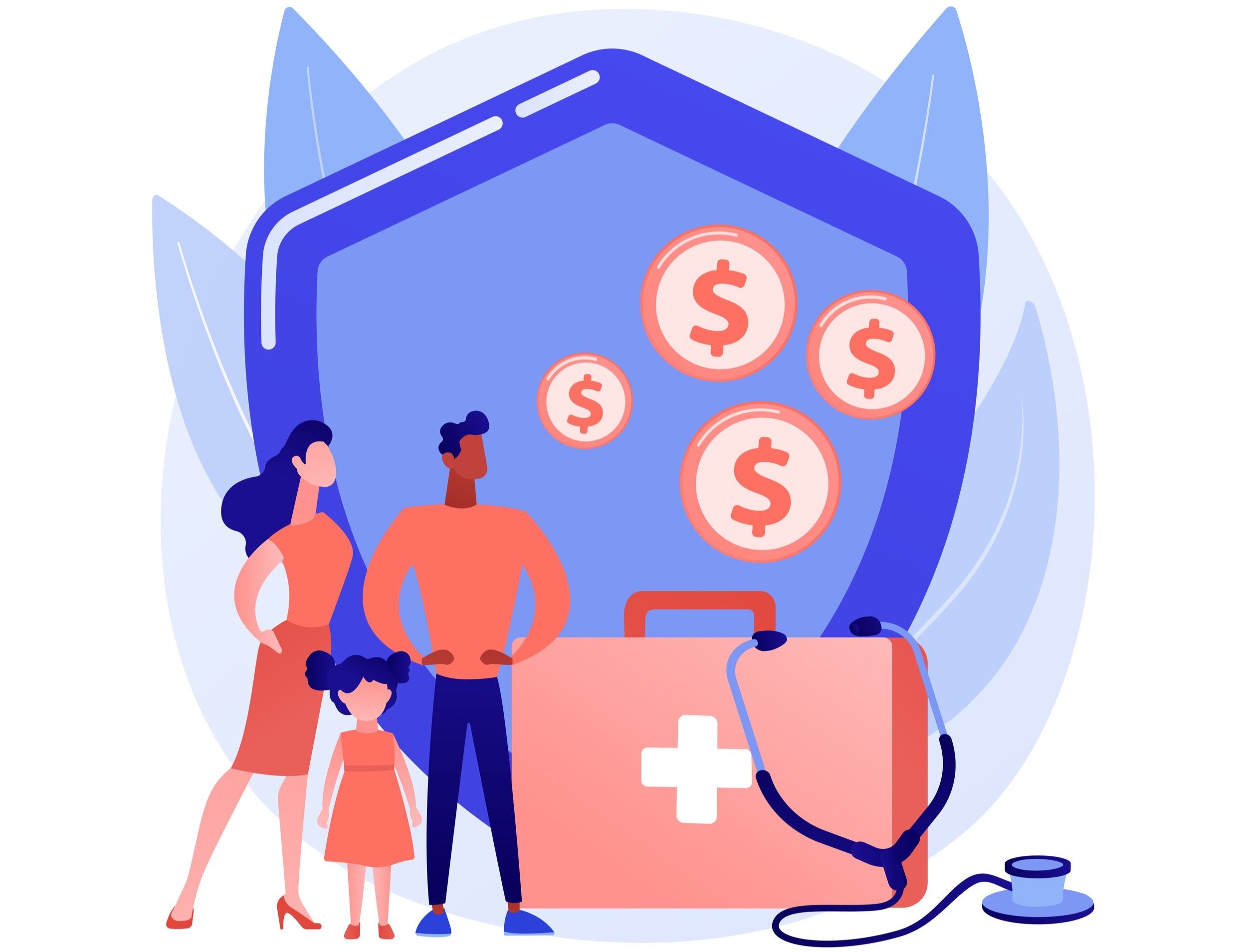Are Illegal Immigrants Eligible for Health Insurance?
Healthcare in the US is very expensive, so health insurance is a must. But can an illegal alien get health insurance in the US? We'll answer that question and discuss ways immigrants can access health care as inexpensively as possible.
The cost of US healthcare
The cost of US healthcare can be a shock to those newly arrived in the US, especially if they're coming from a country that provides its citizens with universal healthcare. Spending on healthcare in the US was $4.3 trillion or $12,914 per person. Healthcare costs make up a staggering 18.3% of the US GDP (Gross Domestic Product).
Some programs offer free or reduced-cost health insurance in the US, but they primarily serve children, senior citizens, and low-income earners. Many people in the US rely on their employers to cover some or all of their health insurance costs.
Those whose employers don't offer health insurance or are self-employed can buy coverage through the Affordable Care Act, often called Obamacare. Depending on income level, ACA applicants may be eligible for tax credits and subsidies to help cover the cost of their coverage.
The average monthly cost for a Bronze Tier ACA plan is $928, for a Silver Tier plan, it's $1,217; and for a Gold Tier plan, it's $1,336. These costs are without any tax credits or subsidies that an applicant may be eligible for.
The other option is to buy private health insurance, which the applicant has to pay for entirely out of pocket. The average monthly cost depends on the level of coverage:
Catastrophic: $332
Bronze: $440
Silver: $560
Gold: $604
Platinum: $737
Can you get health insurance if you are undocumented?
Those who are undocumented are not eligible for Medicaid, health insurance for low-income earners, or CHIP (Children's Health Insurance Program), the program for children in low-income households, or Marketplace coverage via the ACA.
Health insurance with an ITIN in California
California offers health insurance through the Medi-Cal program to undocumented immigrants younger than 26, older than 50, or who are part of the DACA (Deferred Action for Childhood Arrivals) program.
In order to determine if someone in the household is eligible for this coverage, the head of household will need to provide a Social Security number. If they do not have an SSN, they will need to provide an ITIN.
In 2024, California will become the first state to offer state-subsidized health insurance to all undocumented immigrants, regardless of age. This will allow an additional 700,000 undocumented residents to access universal health coverage.
Where to find healthcare
No one in need of healthcare can be turned away from a hospital, regardless of immigration status. This is likely the most costly option, but you cannot be denied care if you are ill or injured. And many hospitals, especially those in large cities and cities with a large immigrant population, will have translation services available for patients.
Immigrants of any status can buy private health insurance and see private physicians (those who do not accept health insurance).
Many cities have community health centers where anyone can access primary healthcare services, typically at lower costs than hospitals or private physicians charge.
Planned Parenthood also offers a variety of low-cost healthcare services, including family planning, STD testing, pregnancy-related services, pelvic exams, vaccinations, and more.
Medical debt and credit
Medical debt is a big problem in the US, as you can imagine. But some recent changes have improved things as far as the impact medical debt has on your credit score. The three major credit bureaus, TransUnion, Equifax, and Experian, are changing how they report medical debt on consumer credit reports:
Medical debt that was paid off after being sent to collections will be removed from reports.
Unpaid medical debt won't go into reports for one year after being sent to collections.
Unpaid medical debt under $500 will be removed from reports, and this amount may eventually be increased.
These changes don't go as far as we would like, but they are at least a start and offer some relief to those struggling with medical debt. If your credit score has been harmed by medical debt or for any other reason, Upwardli can help!
You'll get pre-approved instantly, and no credit check or deposit is required. Each Upwardli account gives you an unsecured line of credit designed to help build or improve your credit fast.


